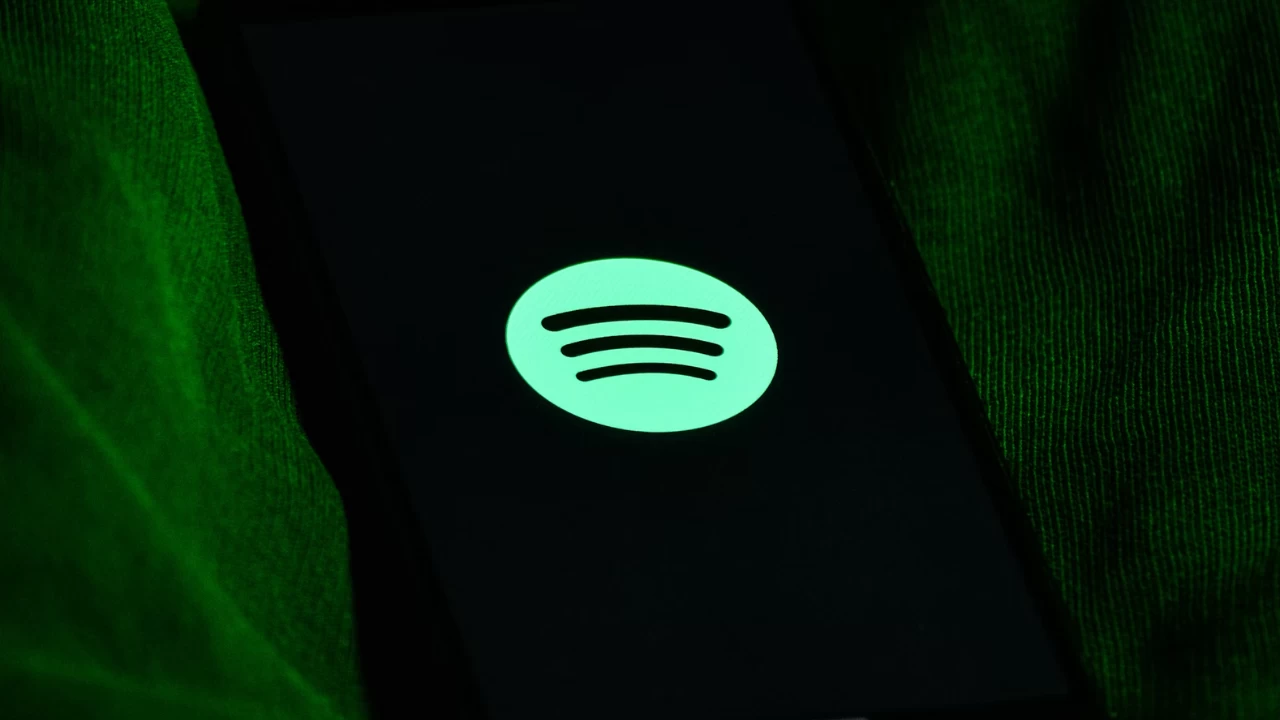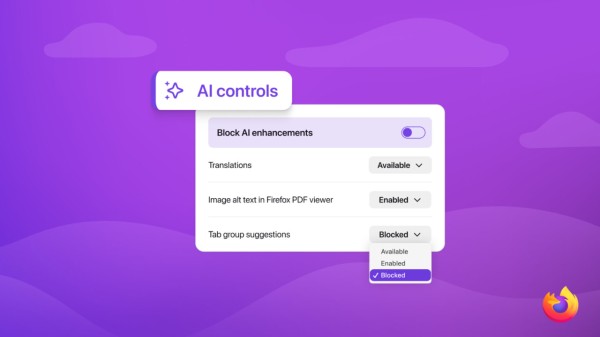

By signing in or creating an account, you agree with Associated Broadcasting Company's Terms & Conditions and Privacy Policy.


By signing in or creating an account, you agree with Associated Broadcasting Company's Terms & Conditions and Privacy Policy.

The House Judiciary Committee in the U.S. has initiated an inquiry against Spotify. The investigation is based on the claims that the streaming service is censoring free speech. This was raised when Spotify limited the content of podcaster Joe Rogan and censored the podcast of Steve Bannon. The letter, sent by the committee, which is chaired by Rep. Jim Jordan (R-Ohio), addresses Spotify CEO Daniel Ek. It requires the firm to retain records and correspondence with the overseas governments. The compliance deadline is August 12.
This is based on the activity of content moderation of Spotify. The critics claim that the platform complies with foreign forces, especially the European Union. EU regulations such as the Digital Services Act include high penalties in case of so-called disinformation or harmful content. Such laws can compel Spotify to restrict the speech even among U.S. users. This is a point of question towards the First Amendment rights. The investigation will seek to determine whether what Spotify does contravenes freedom of expression.
Spotify has received criticism on how it handles big name content. In 2022, the platform introduced warnings to COVID-19-related podcasts following the criticism of the Joe Rogan show. Musicians such as Neil Young withdrew their music as a protest. In 2020, Spotify also banned the podcast of Steve Bannon, War Room, for threatening statements. It was revived in 2025. Such cases point to the fact that Spotify has a problem with the balance between free speech and content moderation.
The House Judiciary Committee is worried about the effects of foreign laws on the American users. The EU laws necessitate the platforms to block harmful content. Penalties are as high as 6% of the global revenue of a company. Rep. Jordan claims this is putting a burden on Spotify to censor speech worldwide, including in the U.S. The research will look into how Spotify adheres to them and whether they have any implications on the First Amendment rights.
The investigation by the committee may reinvent content policies of Spotify. It can even affect the practices in the wider tech industry. Spotify is given until August 12 to submit the demanded documents. Lack of compliance may lead to an aggravation of tensions. The verdict can become a precedent in the way the global platforms address the issue of free speech in the U.S.












